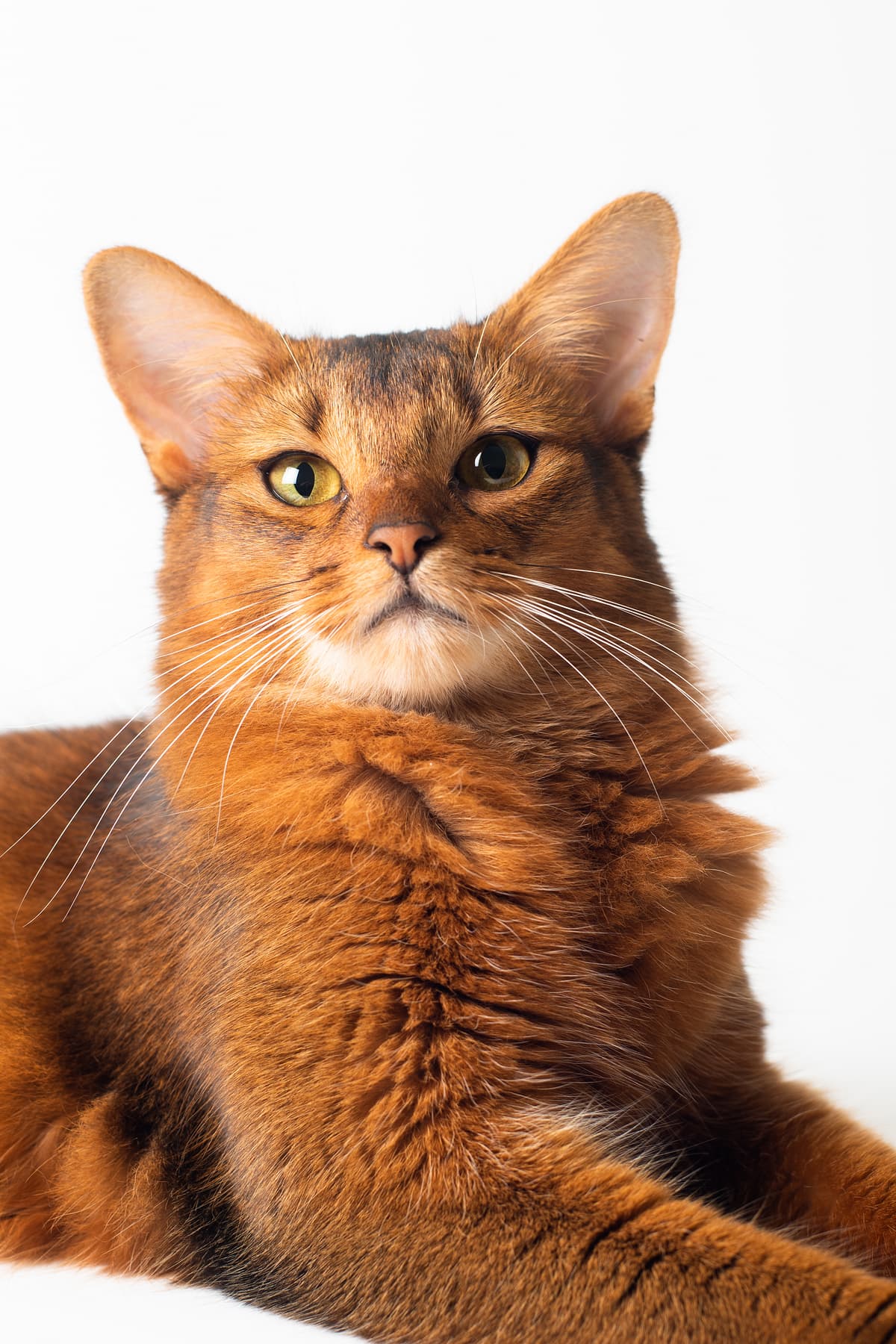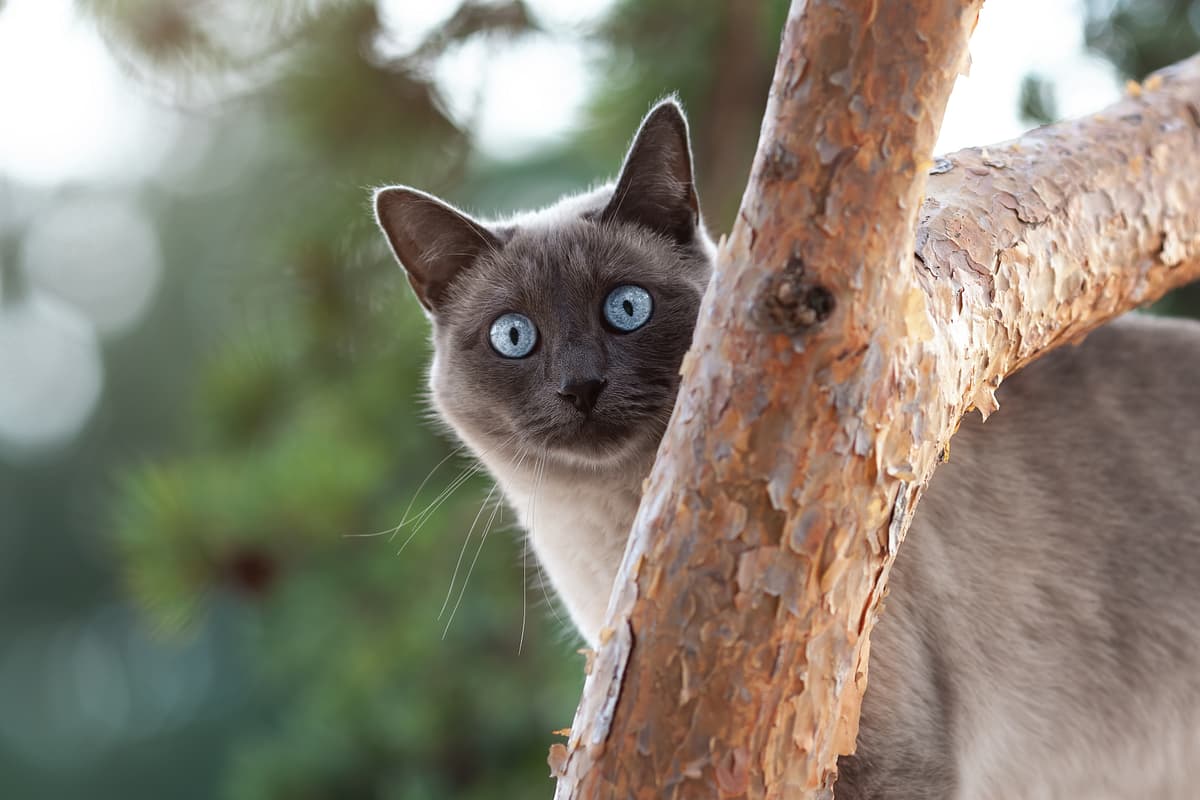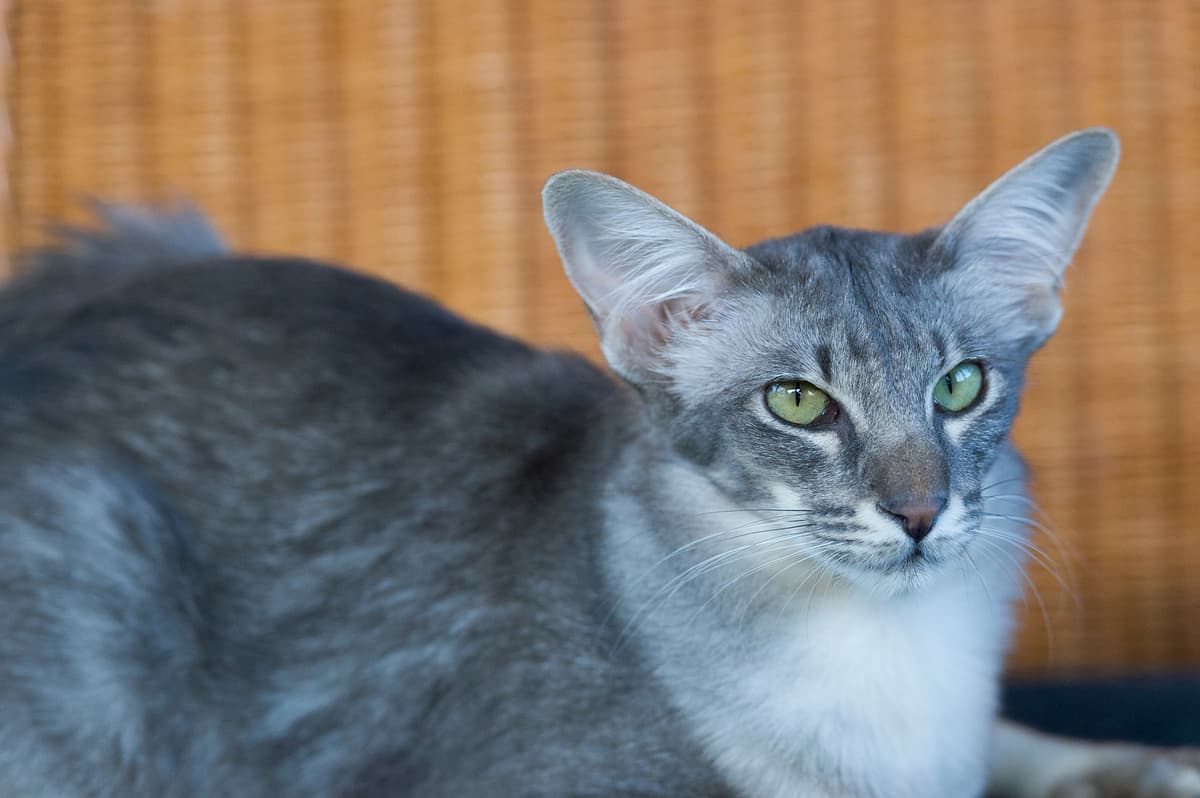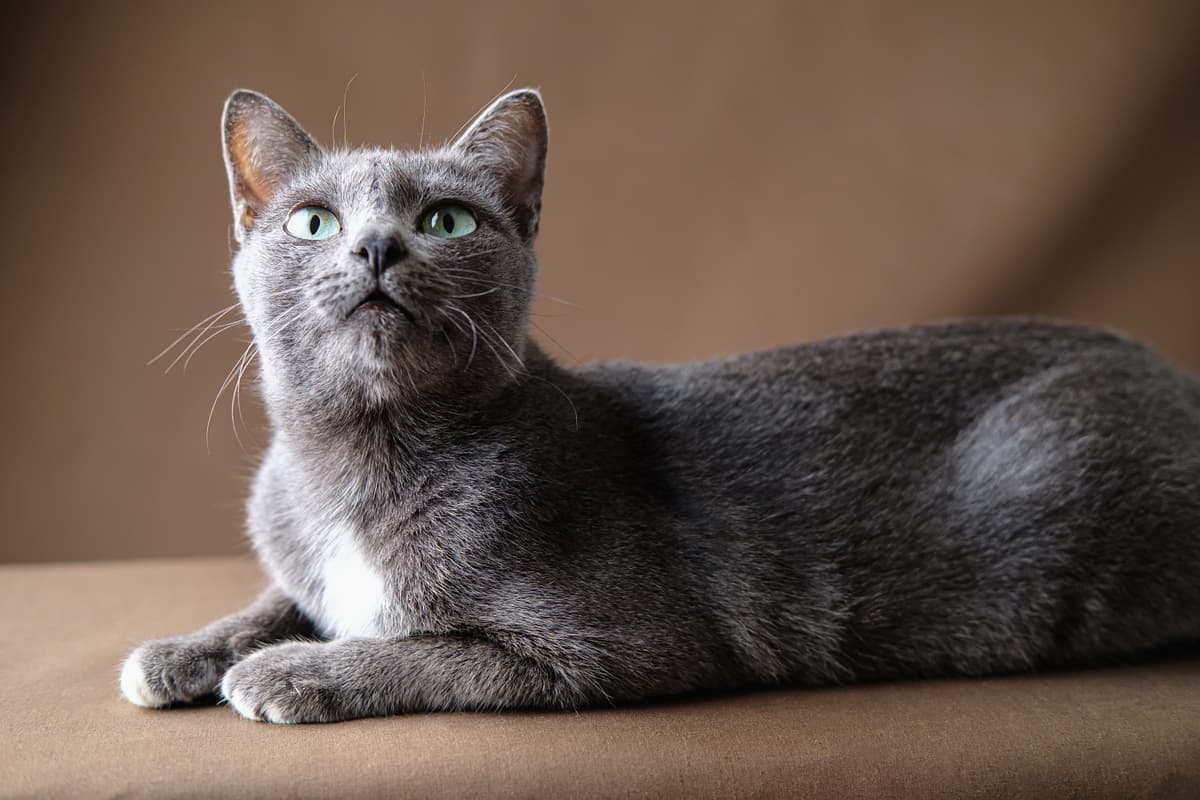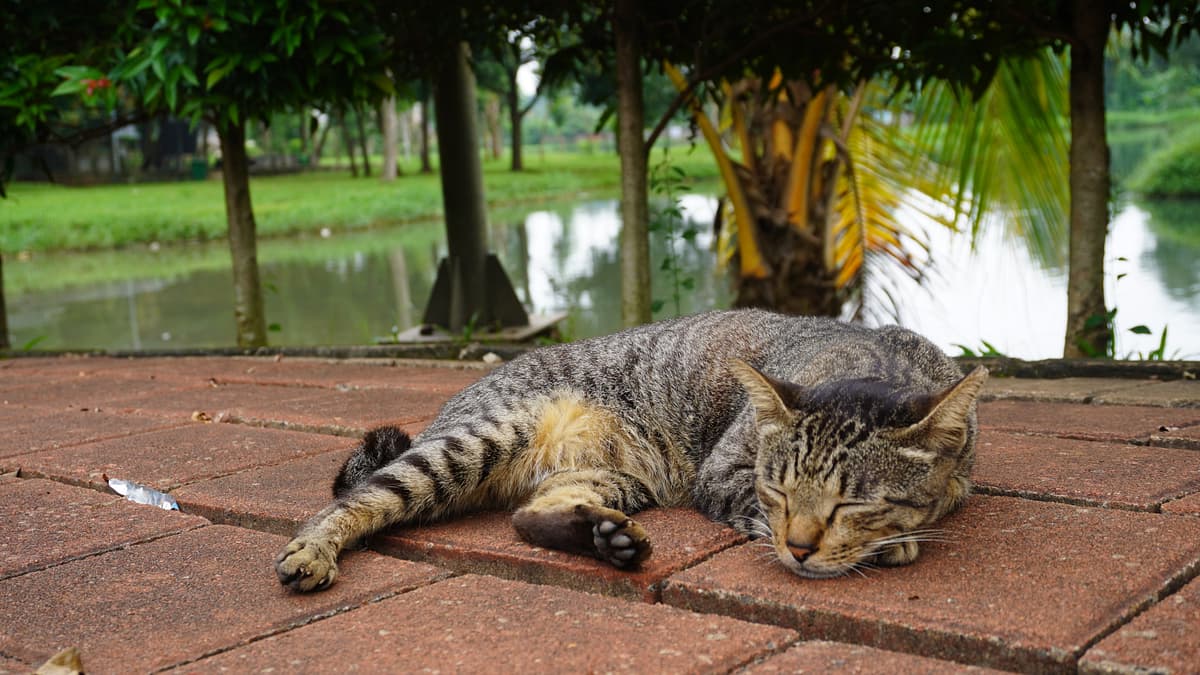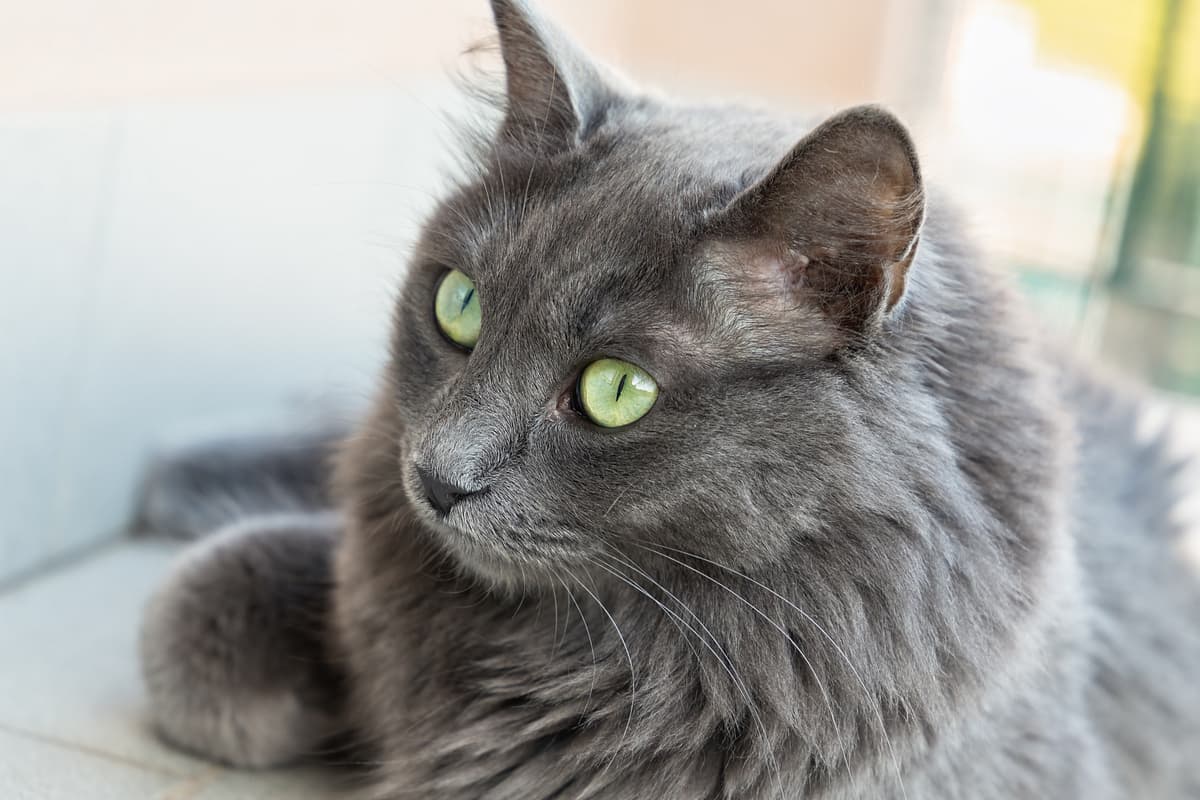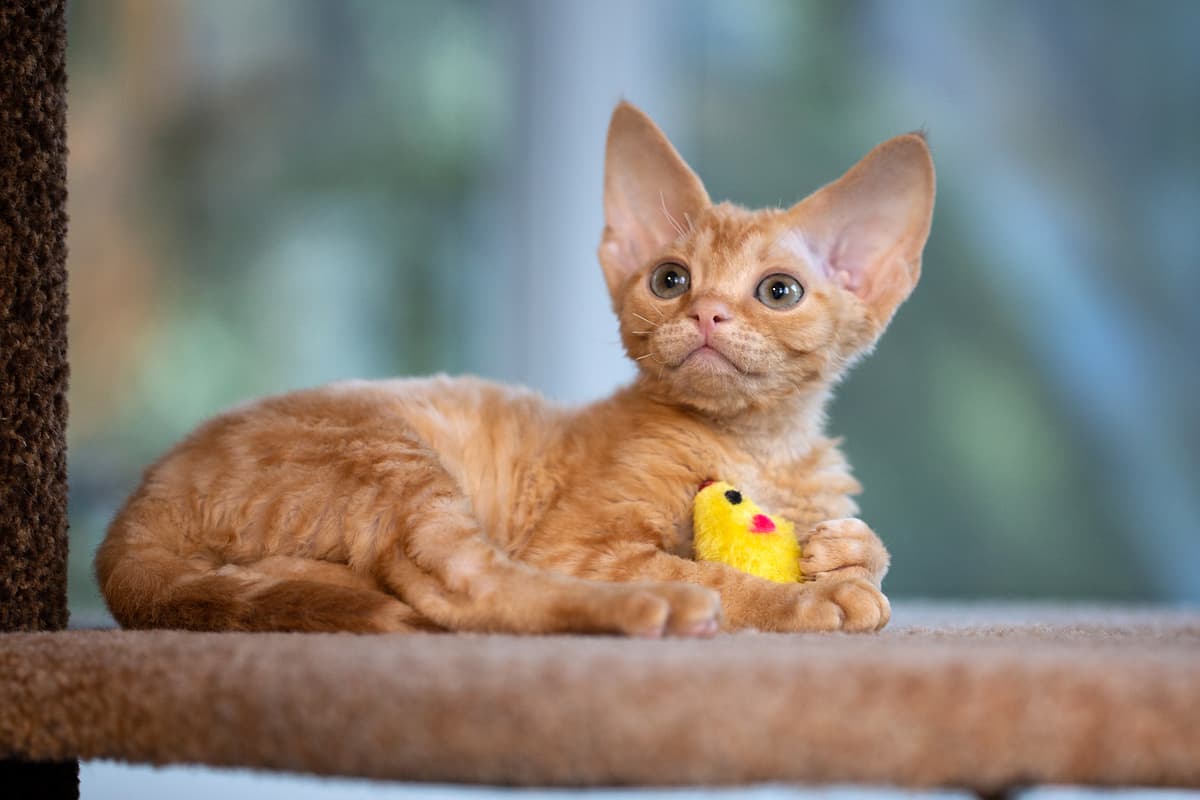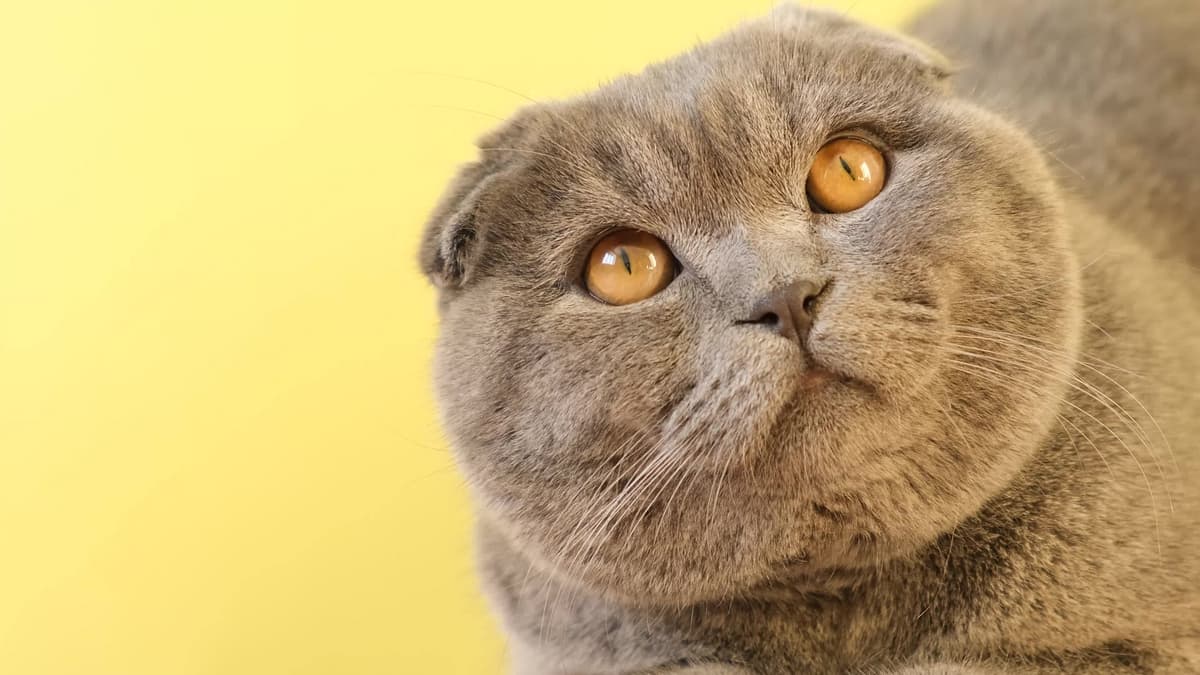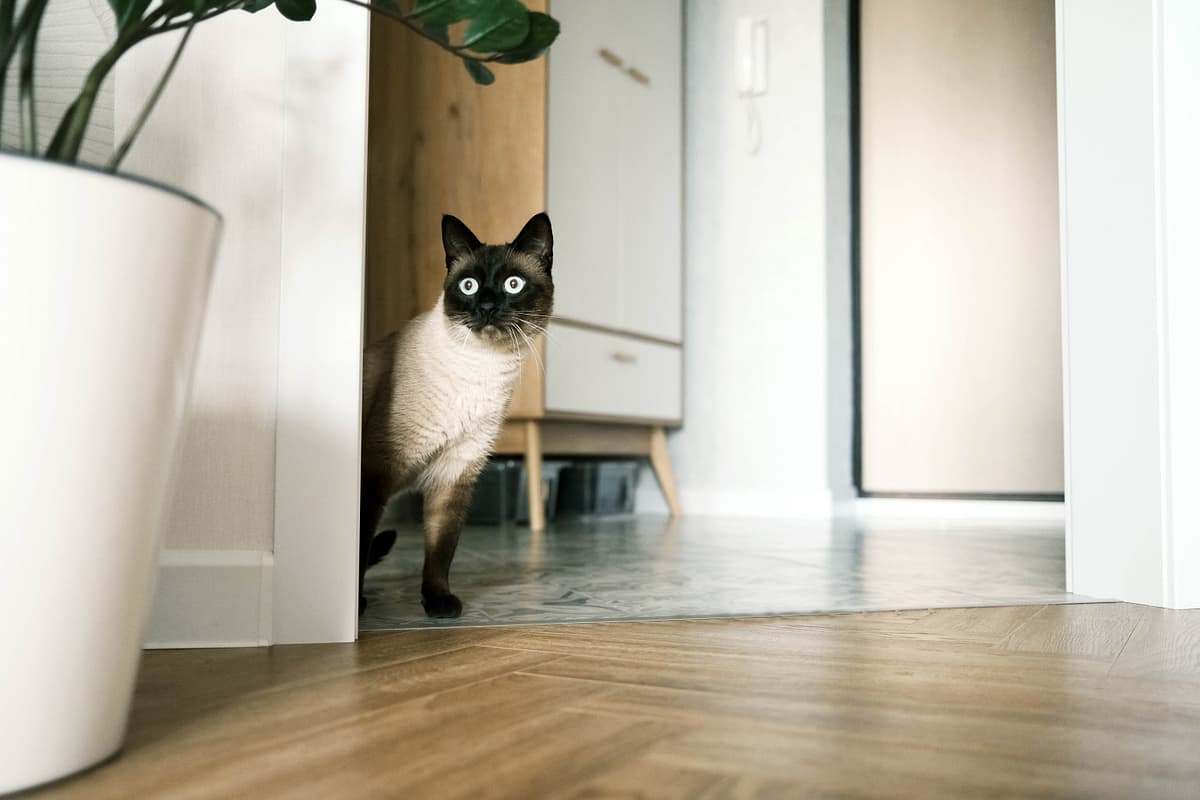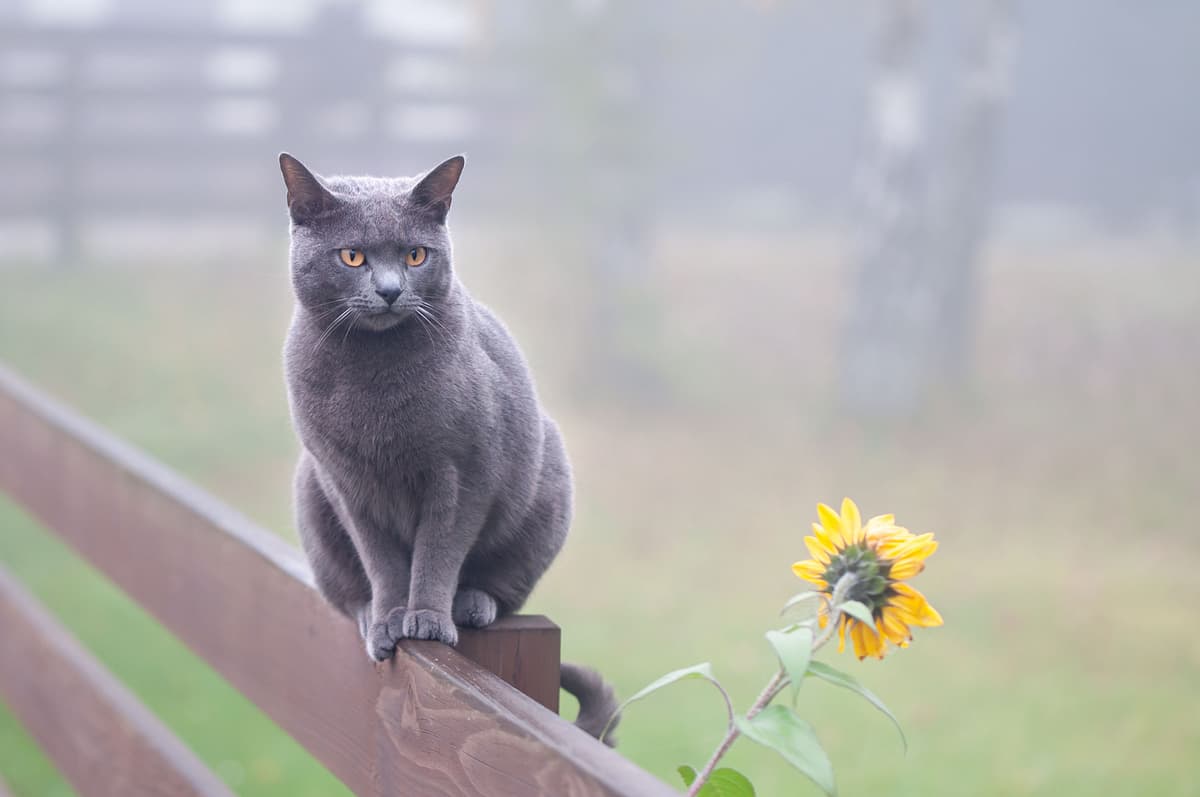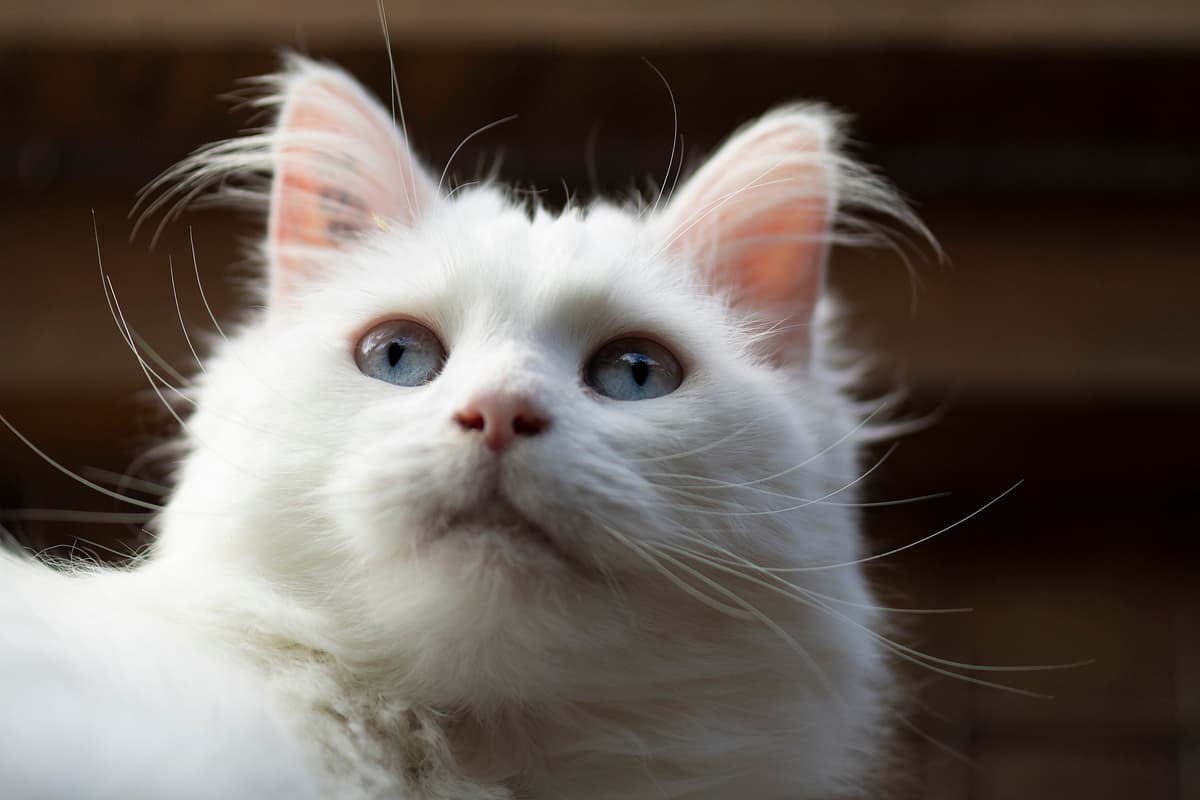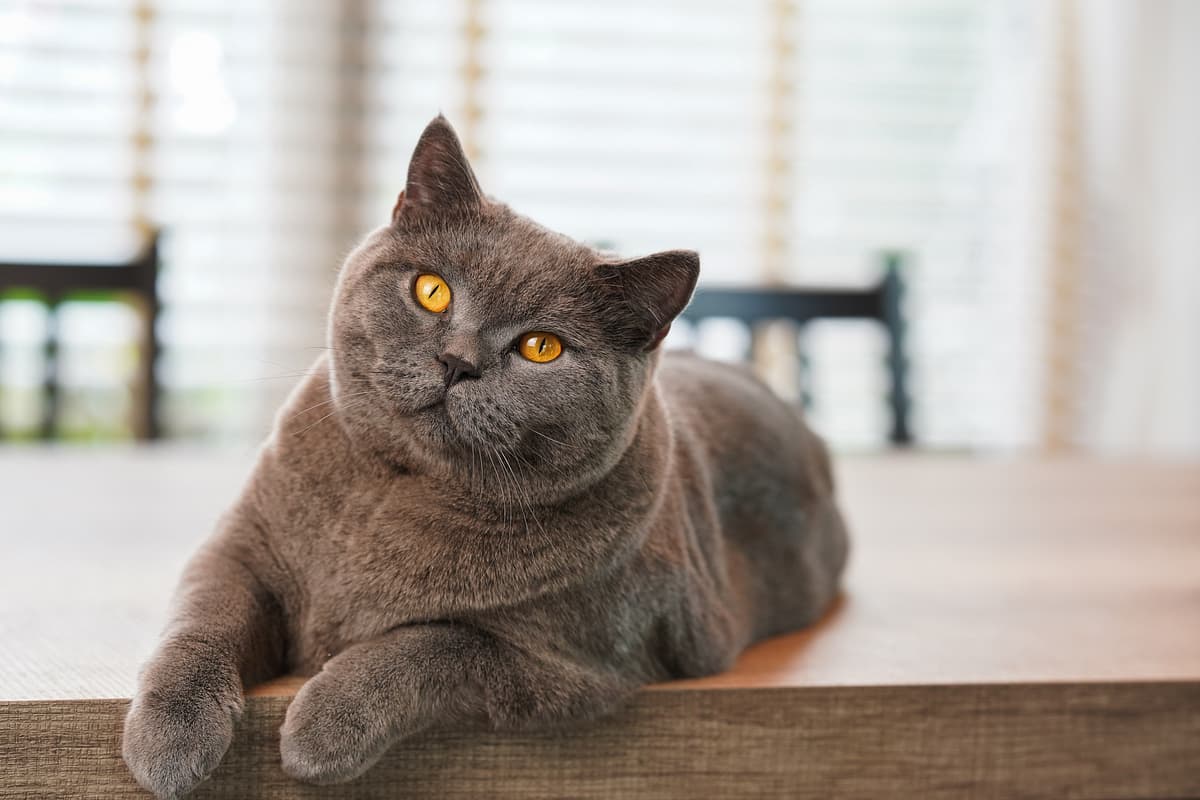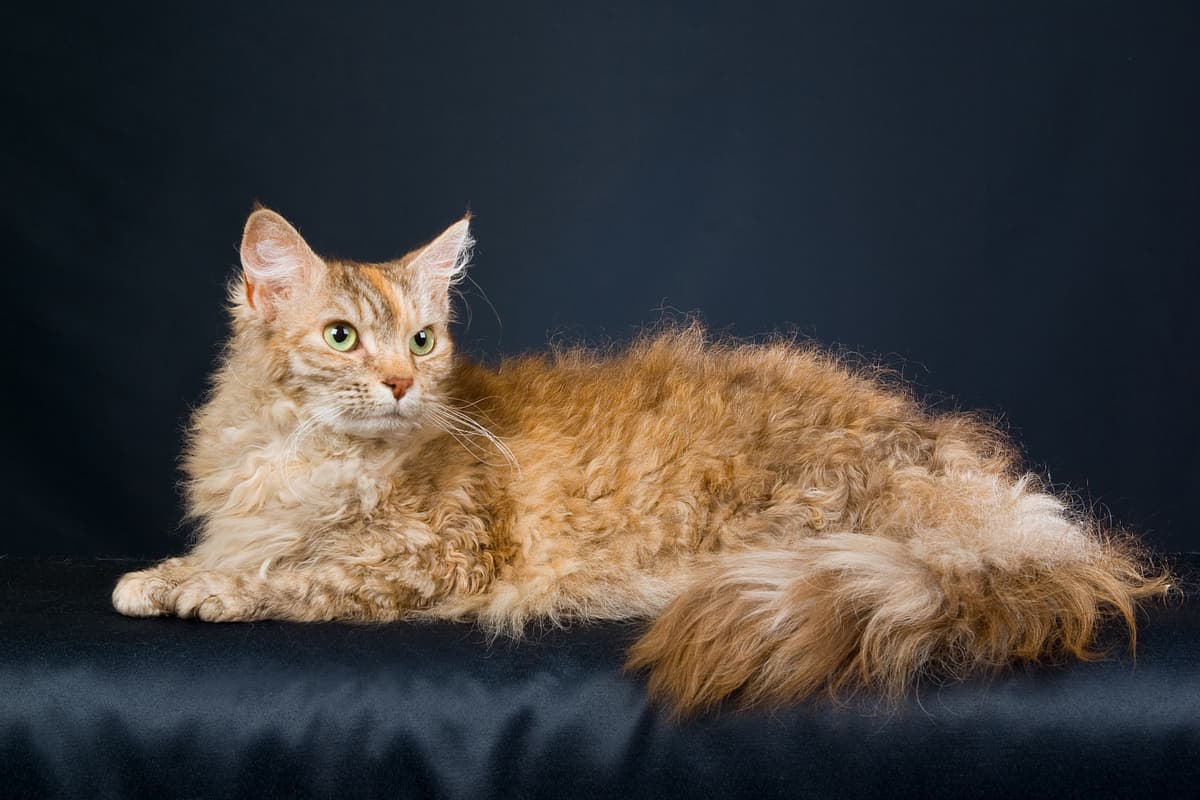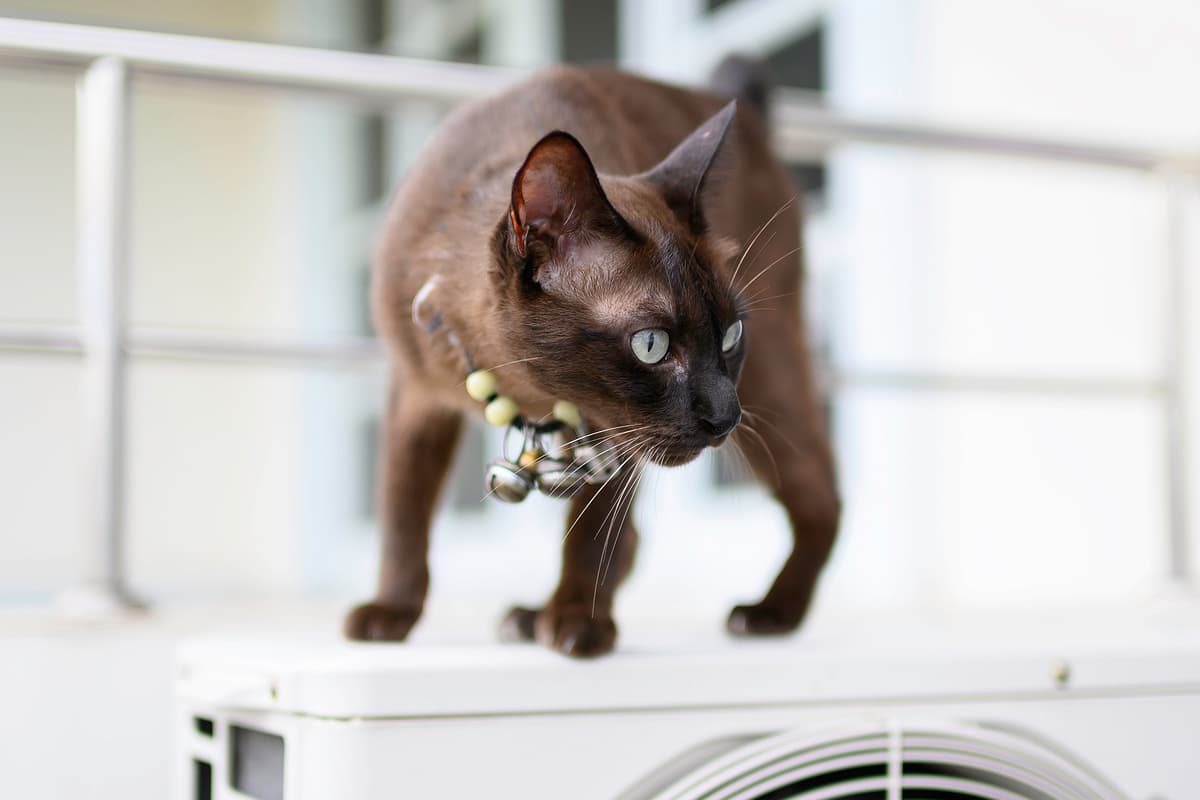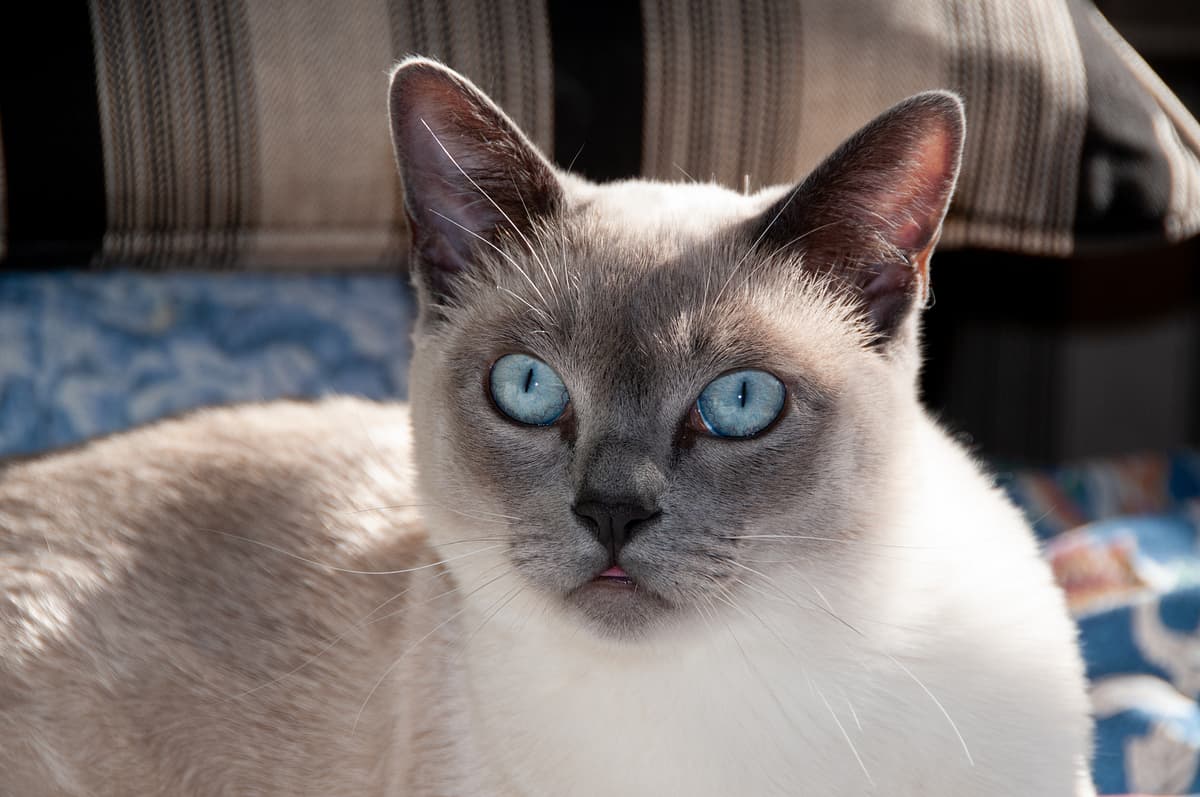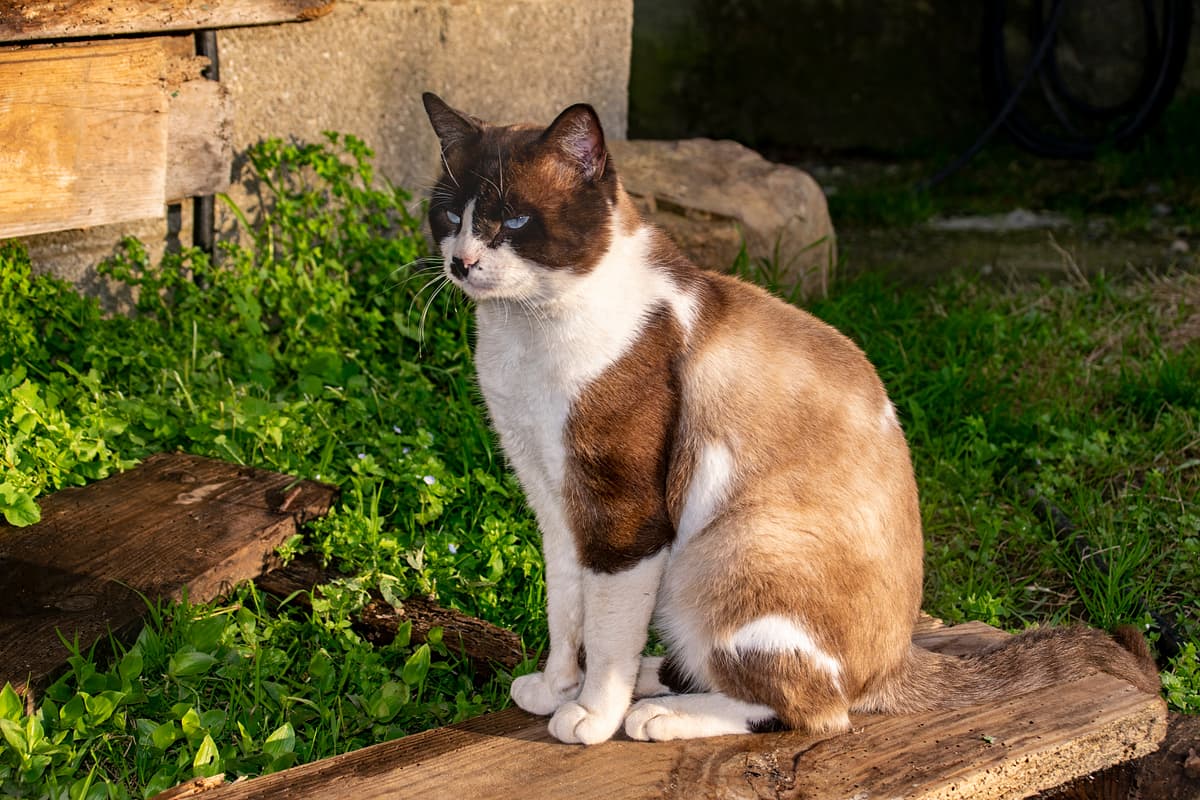Angora
Adaptable, affectionate, and playful, this breed thrives as a loving family companion. Famous for its luxurious double coat and keen intelligence, it charms with gentle loyalty.
Breed Characteristics
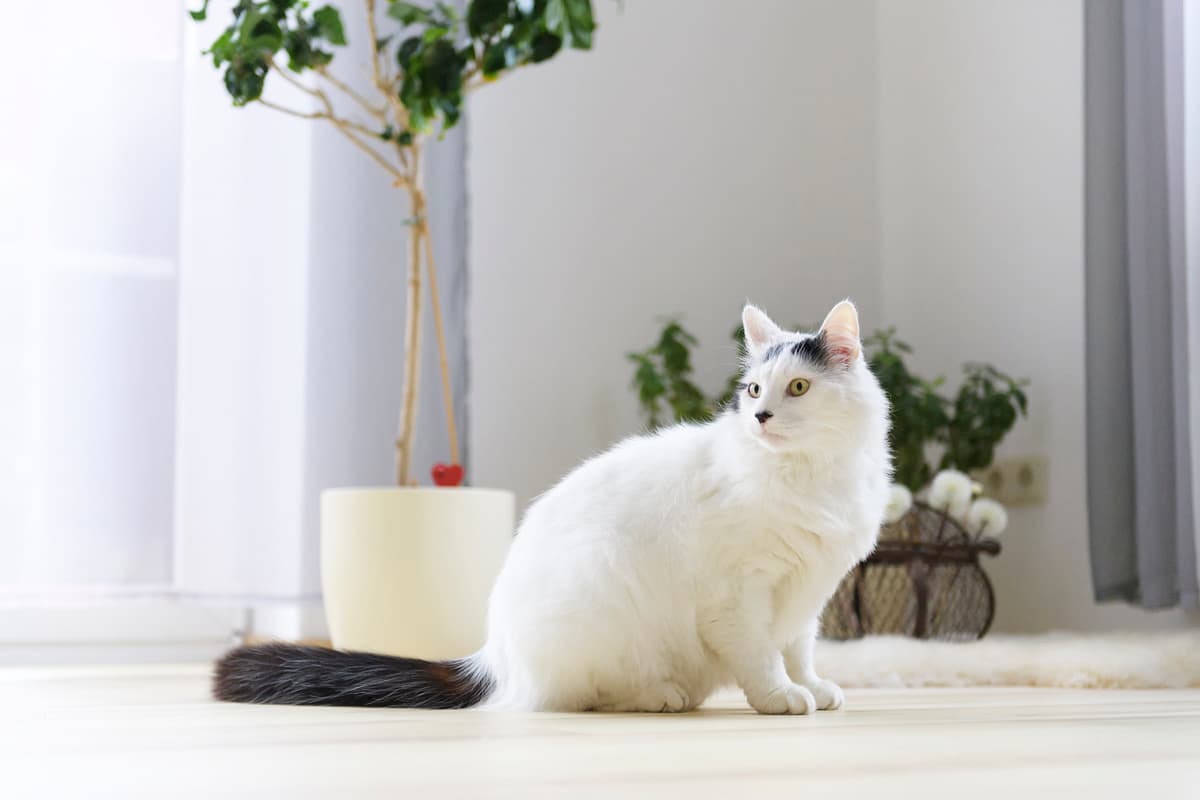
Average sizes and life expectancy of the breed.
HEIGHT
30–35 cm (male)
25–30 cm (female)
WEIGHT
5–9 kg (male)
4–7 kg (female)
LIFE EXPECTANCY
13–16 years
Angora: Breed snapshot
Everything you need to know about this beloved breed at a glance
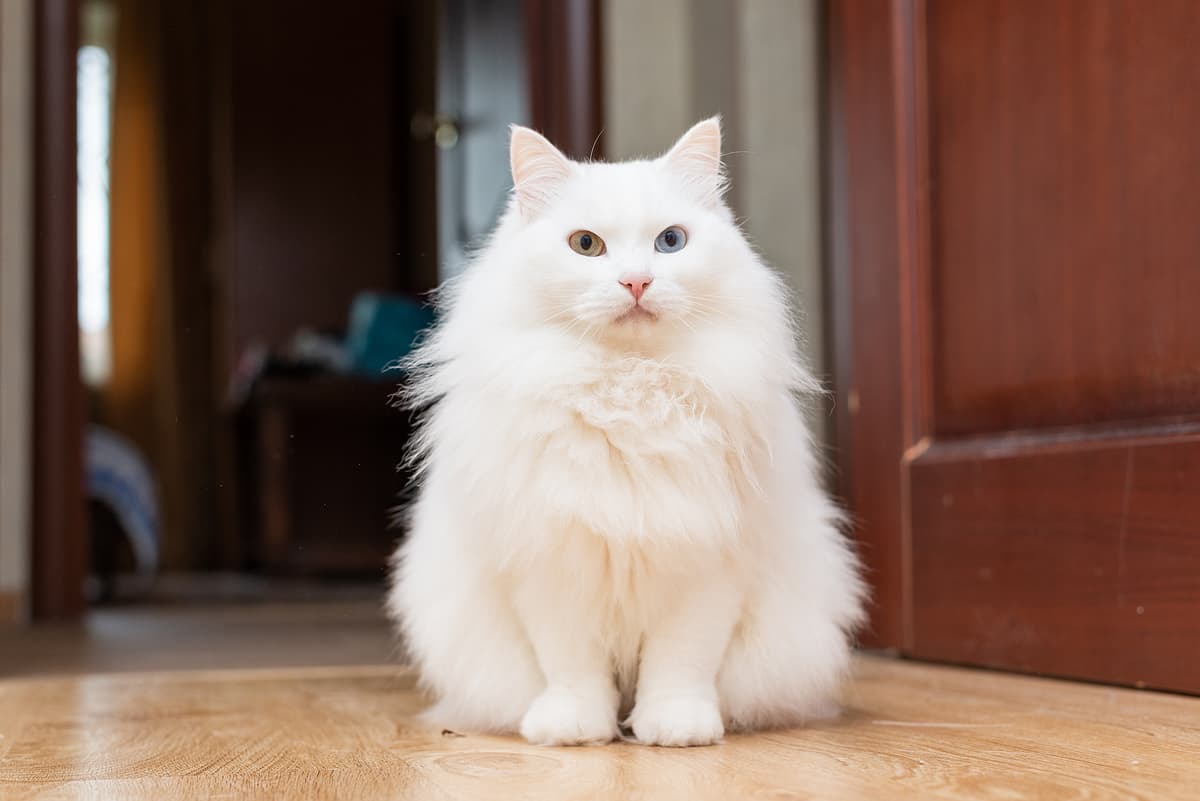
Key Breed Characteristics
Kingdom
Animalia
Phylum
Chordata
Class
Mammalia
Order
Carnivora
Family
Felidae
Genus
Felis
Species
Felis catus
Diet
Carnivore
"A Angora isn't just a pet — they're a loyal companion, a playful friend, and a loving family member all in one."
Temperament & personality
Understanding Angora's temperament is key to knowing if they're the right match for your lifestyle.
Personality Overview
The Norwegian Forest cat is friendly, gentle, and sociable, often forming strong bonds with family members while remaining independent and calm around strangers.
Key Personality Traits
Enjoys companionship, sociable with family members
Quick learner, solves problems independently
Moderate activity needs, enjoys relaxed routines
Likes games, interactive toys, and gentle fun
Adjusts well to new surroundings and changes
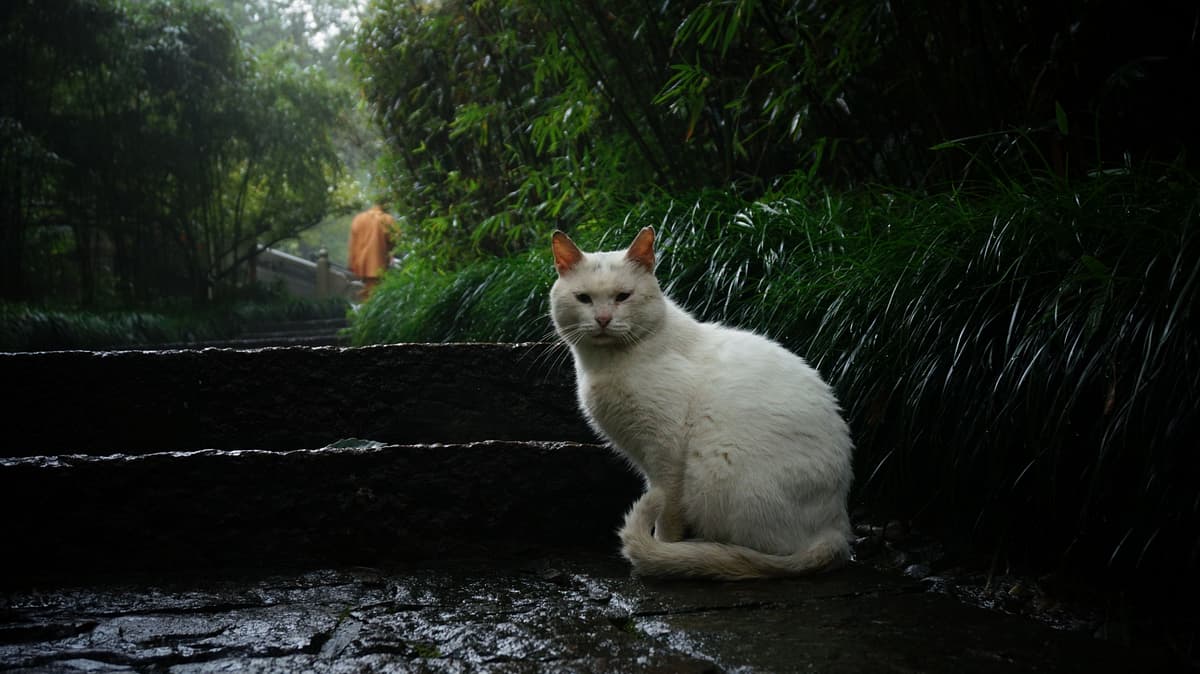
Strengths
- Adaptable to various home environments
- Affectionate without being overly demanding
- Strong climber with agile movement
- Low tendency toward destructive behavior
- Thick coat provides natural weather protection
Challenges
- Needs regular grooming to prevent matting
- Prone to dental and gum issues
- May become overweight without exercise
- High prey drive may affect small pets
- Shy or reserved with unfamiliar people
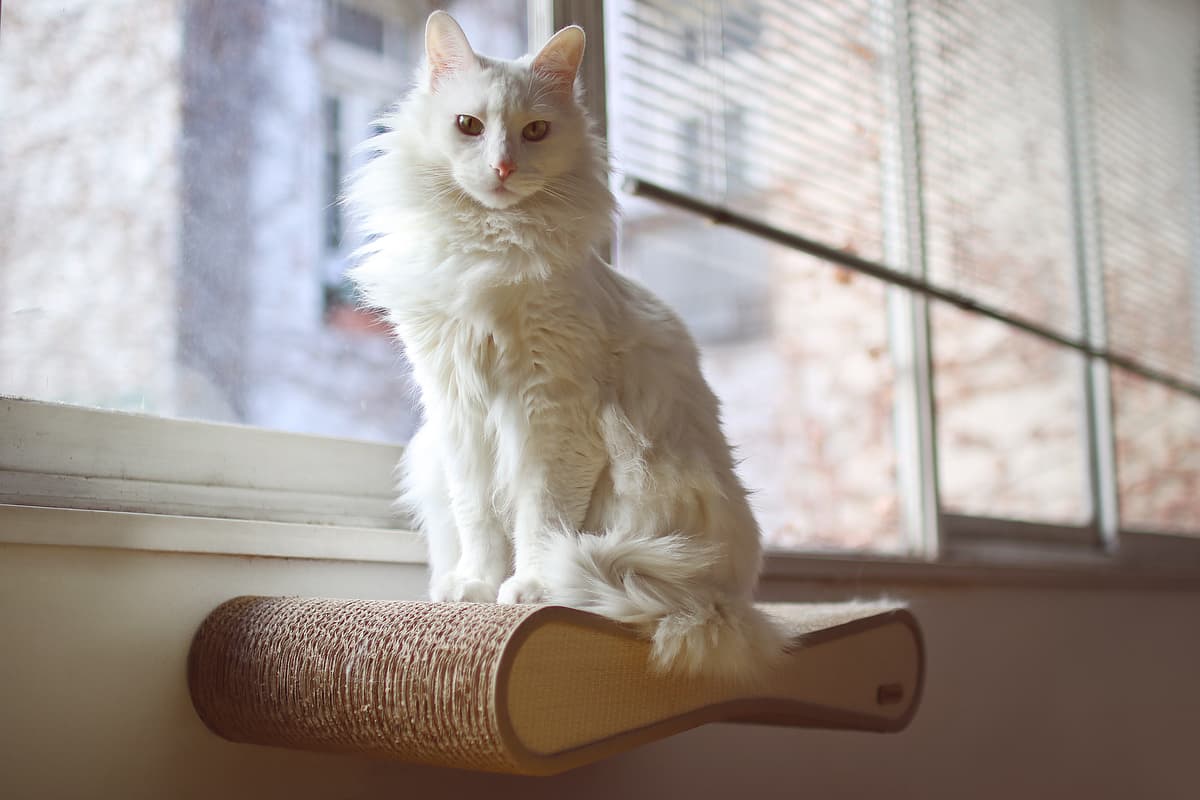
Protect your Angora
Angora can develop hypertrophic cardiomyopathy and glycogen storage disease type iv. PetSecur covers unexpected vet costs with quick payouts and personal service.
Intelligence & exercise needs
Angoras are both highly intelligent and energetic, requiring mental and physical stimulation to thrive.
🧠 Intelligence & training
Trainability
Learns with consistency
Overall rating
This breed is intelligent and quick to learn routines, responding well to positive reinforcement and interactive training but may show occasional stubbornness or preference for independent problem-solving.
Trainable Tasks:
🏃 Exercise & energy levels
Daily Exercise
30–40 minutes active play
recommended per day
Norwegian Forest cats are moderately active, enjoying climbing, exploring, and interactive play, and they benefit from both mental stimulation and regular opportunities for physical exercise.
Recommended Activities:
Is this breed right for you?
Angoras are versatile cats that adapt well to many lifestyles, but they're not the perfect match for everyone. Here's a quick guide to help you determine if a Angora would fit well in your home.
First-time Owner
Gentle, adaptable nature makes them manageable for most new owners
Apartment Living
Prefers room to climb and explore, may feel cramped in small apartments
Active Lifestyle
Enjoys play and interaction, fitting well with energetic households
Kids
Tolerant and patient, generally does well with respectful young children
Multiple Pets
Usually sociable with other pets when properly introduced
Being Left Alone
Can become lonely or bored if left alone for extended periods
Breed comparisons
Wondering how Angoras compare to other popular breeds? Check out our detailed comparison pages.
Frequently Asked Questions about Angora
Find answers to the most commonly asked questions about this breed
Helpful pet owner tools
Use our interactive tools to help you make the best decisions for your pet journey
Pet name generator
- 1000+ unique pet names
- Filter by gender & personality
- Save your favorites
Random breed generator
- Explore unexpected matches
- Learn about rare breeds
- Find hidden gems
Breed comparison tool
- Side-by-side comparison
- Multiple criteria options
- Detailed breed information
Explore more cat breeds
Discover other popular cat breeds and find your perfect feline companion

